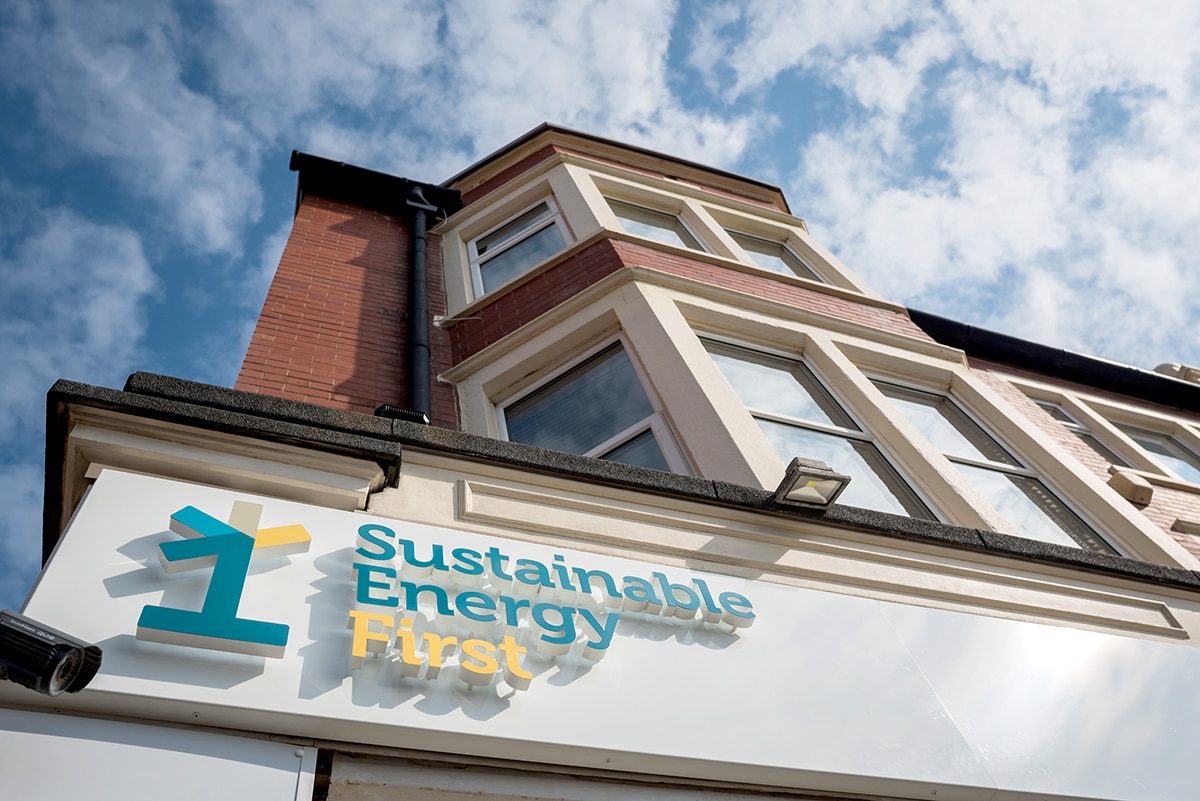Out with the coal
When it comes to its energy mix, Britain has recently broken some significant records, especially where coal is concerned. Just over a year ago, on 22 April 2017, Britain saw its first coal-free day since the Industrial Revolution. Then, between 17-19 April this year there was a ground-breaking 55-hour coal-free period, soon followed by an even greater achievement: three days (spanning 21-24 April) without coal being used to generate electricity. While such coal-free periods haven’t been seen since the 1880s, we’re likely to start seeing them more often.
The use of coal has been falling; in 2017, it supplied less than 7% of the UK’s electricity. Coal generators are facing increasing losses, with the economics no longer adding up, and in January 2018, the government confirmed its commitment to phase out unabated coal-fired power stations by 2025.
Meeting targets
Continuing to remove coal – a polluting, carbon-intensive fossil fuel – from our energy mix and replacing it with cleaner technologies will significantly reduce carbon emissions. This is good news for the environment of course, and will help the UK to meet its carbon reduction targets.
Renewable records
With the use of coal being phased out, power generated from renewable technologies has become a more significant part of the UK’s energy mix. While gas remains the fuel of choice for electricity generation, renewables have increased to 25% of total generation, and are set to steadily grow.
We are seeing more renewable energy on the system than ever before, with records being broken in this area too. According to National Grid data, in 2017, the UK achieved its greenest year ever in terms of how the nation’s electricity is generated, with 13 clean energy records being broken. On 7 June 2017, for example, renewable sources of energy generated more electricity than coal and gas in the UK for the first time, with power from wind, solar, hydro and wood pellet burning supplying 50.7 per cent of energy.
And, according to power research group MyGridGB, renewable energy sources provided more power than coal for 90% of 2017 (based on figures up to 12 December). In addition, British wind farms produced more electricity than coal plants on more than 75% of days, and the cost of offshore wind power fell below the price of nuclear for the first time.
However, despite the clear benefits of the UK moving towards a low carbon future, renewable methods of generation are, by their nature, intermittent, and we currently remain heavily reliant on gas. Indeed, in 2017, the daily output of gas was outstripped by wind on just two days, and renewables overall beat fossil fuels for only 23 days of the year.
And while the costs of renewable energy generation are falling, businesses are unlikely to see any impact on their energy bills until the 2030s. And, of course, many of the non-commodity costs that businesses face, including the Renewables Obligation (RO) Levy, the Feed-in-Tariff (FiT) Levy, the Contracts for Difference (CfD) Levy and the Climate Change Levy (CCL), are designed to subsidise the growing use of renewables, and are on the rise.
Taking it a step further: onsite generation
Businesses and organisations can consider investing in their own low carbon and renewable onsite generation. This offers a range of benefits, including lower energy bills and security of supply, and the opportunity to earn revenue. The technologies to consider include combined heat and power (CHP) and renewables such as solar PV and wind power.
Inenco can manage the whole process, ensuring that customers get the best return. Our experts will investigate factors such as viability (low-carbon and renewable technologies are not a ‘one size fits all’ solution), the source of energy, the potential location, grid connection requirements, generation capacity, availability and funding – and can also help businesses to navigate the necessary surveys, obtain planning permission and register the project with Ofgem and become an accredited generator.
To talk to us about reducing your non-commodity energy costs, or if you’re thinking of investing in onsite generation, give us a call on 08451 46 36 26 or email enquiries@inenco.com.





